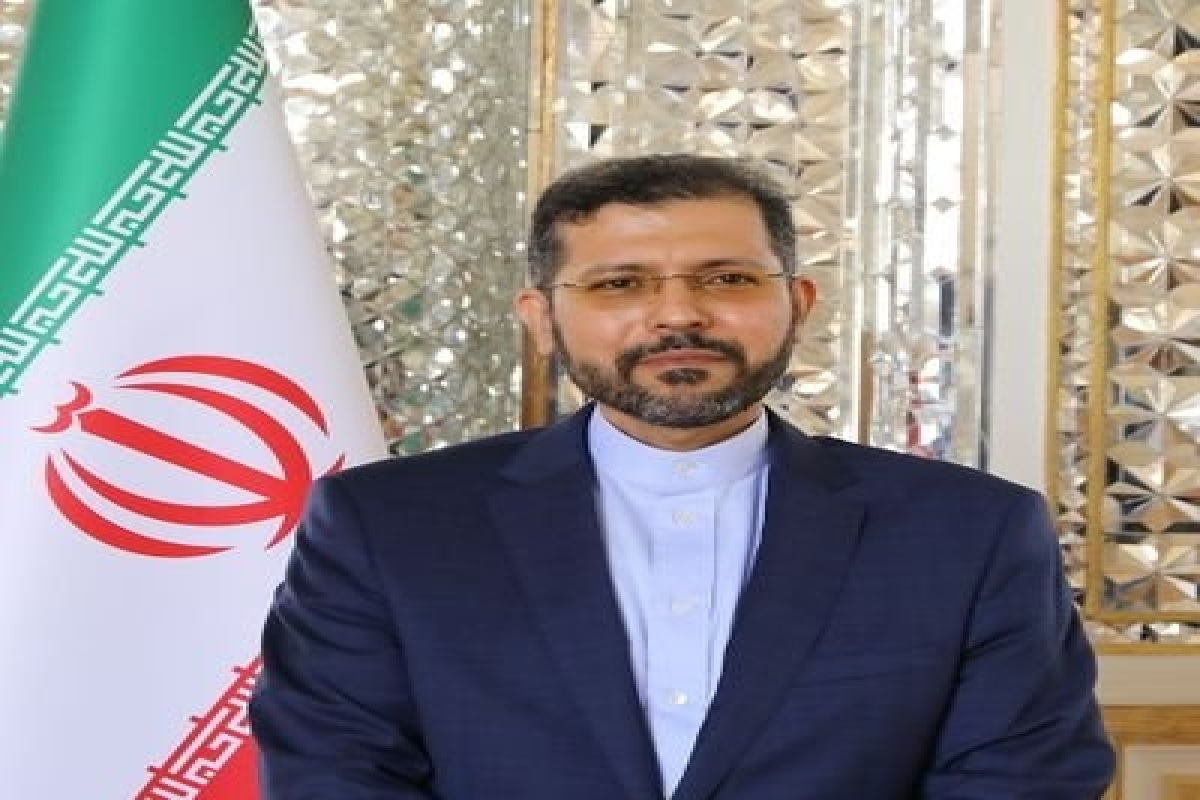Iran rejects Macron’s accusation of involvement in Ukraine conflict
Iran has rejected French President Emmanuel Macron's remarks that Russia has used Iranian military equipment against Ukraine.
Iran had answered the questions of the agency, but it was necessary to answer these questions again within a technical framework and within a certain period, he said.

Photo: IANS
Iranian Foreign Ministry Spokesman Saeed Khatibzadeh on Monday said that the remaining differences between Iran and the West in the Vienna talks are “less than the number of fingers on one hand”.
“If the US approach is reasonable, the quick agreement is available,” he made the remarks in his weekly press conference, stressing that Iran will never accept or adhere to a deadline for negotiations, Xinhua news agency reported.
Advertisement
Regarding the likelihood of direct talks with the US, Khatibzadeh said that “we make decisions based on US behaviour, not on vague messages or without knowing what the outcome will be”.
Advertisement
“Asking for a direct negotiation only makes sense if we know the reason for the meeting,” he said, adding that “so far, we have not seen any change in the behaviour of the US, and the maximum pressure on the Iranian people has continued.”
Referring to the recent cooperation agreements reached between Iran and the International Atomic Energy Agency (IAEA), the spokesman said that the trip of the IAEA director-general to Iran was within a technical framework, and within the format of Vienna talks.
Iran had answered the questions of the agency, but it was necessary to answer these questions again within a technical framework and within a certain period, he said.
“There is a direct link between the closure of these questions and the (possible) agreement in Vienna talks,” he pointed out.
Talks between Iran and the world powers in the Austrian capital of Vienna over the revival of the Iranian nuclear deal, formally known as the Joint Comprehensive Plan of Action (JCPOA), have reached the climax, with the parties expected to make few political decisions for a new accord.
Iran signed the JCPOA with world powers in July 2015. However, former US President Donald Trump pulled Washington out of the agreement in May 2018 and re-imposed unilateral sanctions on Iran, which prompted the latter to drop some of its nuclear commitments one year later and advance its halted nuclear programmes.
Since April 2021, eight rounds of talks have been held in Austria’s capital Vienna between Iran and the remaining JCPOA parties, namely Britain, China, France, Russia plus Germany, with the US indirectly involved in the talks, to revive the landmark deal.
Advertisement